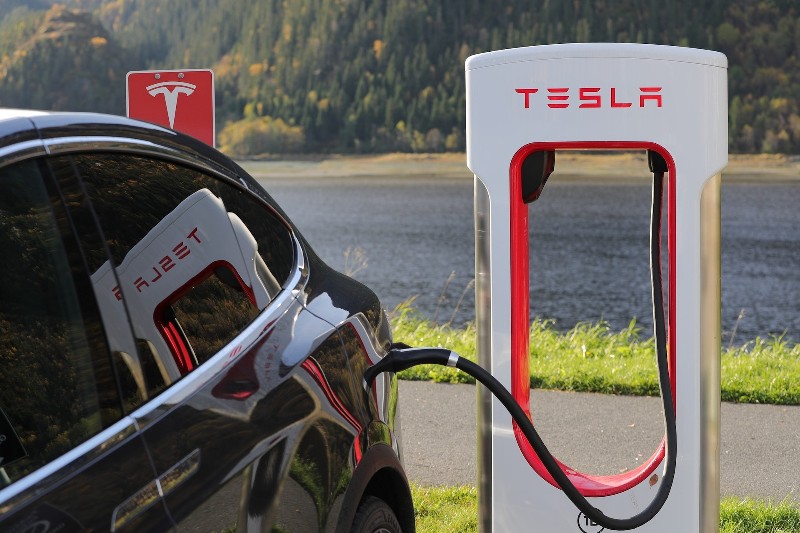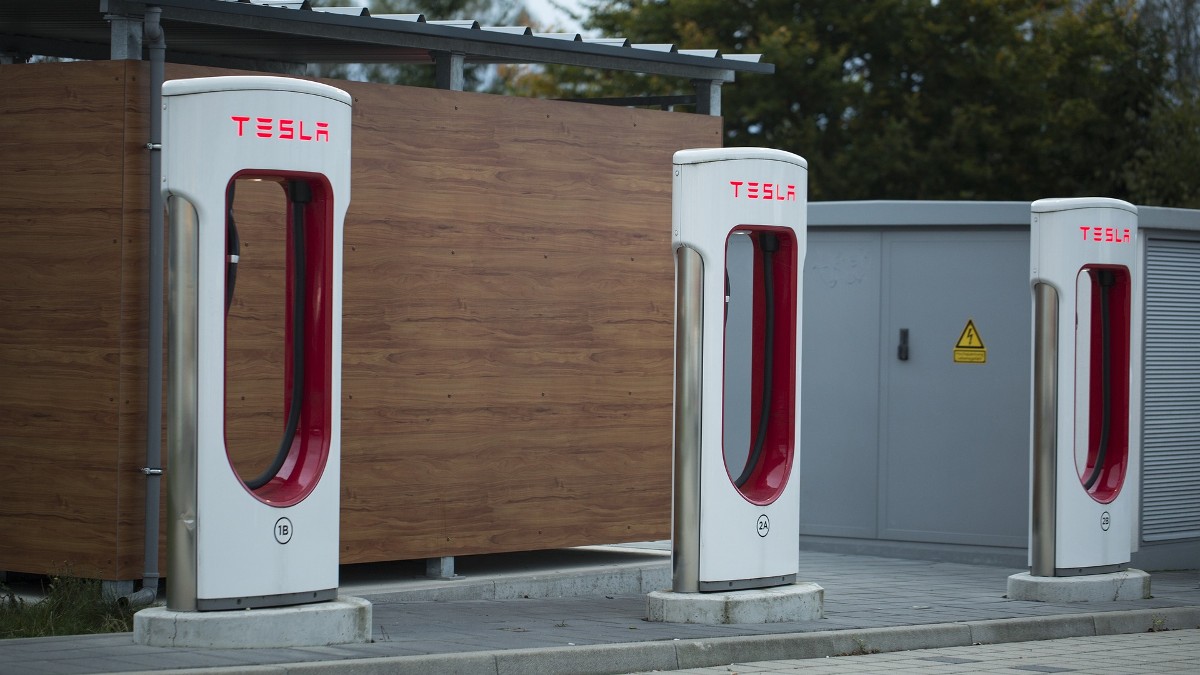Can Tesla Ban You From Charging? Revealed
One of the concerns of an electric vehicle is range anxiety. Tesla overcame this by introducing long-range batteries and an extensive range of charging stations in their vehicles. However, sometimes Tesla may ban you from charging. Let’s explain why.
Tesla can ban you from charging at their supercharging stations. You may be banned from driving a salvaged or accident car. The company may also ban you from charging a commercial vehicle if your payment details are not updated.
Tesla has charging stations located in convenient locations along most traveled routes throughout the country. There are over 19,000 charging stations with different charging rates and costs.
What Are The Types Of Tesla Charging Stations?
Tesla’s extensive range of electric vehicle chargers includes superchargers and destination chargers.
Let’s see these in detail.
Superchargers
Superchargers are ultra-powerful, with an output of 480 volts to charge a car in less than an hour. Lightning-fast charging comes in handy when traveling long distances. This is the primary network of Tesla’s charging stations.
Your Tesla will have charged up to 50% in 15 minutes. The charging rate slows when it reaches 80% to protect battery health. Getting a full charge takes 75 minutes. Keep in mind that the charging rate varies by Tesla model.
The good thing is that the long-range battery in a Tesla means you won’t even have to charge beyond 80%. Tesla Model S can make 324 miles when the battery is 80%. A supercharger bypasses the onboard charger to give the direct battery current making it charge faster.
Destination Chargers
Tesla also has a network of destination charges installed by charging partners. Destination chargers have lower charging speeds, and a full charge may take 12 hours. These people usually choose to have a Tesla wall connector on their property for public use.
The best time to use a destination charger is when you’re to be in the place for an extended period. Charges at destination chargers vary by Tesla model.
How Does Tesla Charging Stations Cure Range Anxiety?
The extensive network of charging stations, including the superchargers, ensures you can drive long distances without worrying about how far the battery will get you. Supercharges are located along highly-traveled routes for convenient and fast charging.
Tesla’s charging network continues to grow, including the availability of destination chargers. You can have your car charged even when superchargers aren’t available. Luckily, charging at a station is considerably cheaper than filling up at a gas station.
You can drive your Tesla confidently, knowing that the battery will get you to your destination worry-free.

Can Tesla Ban You From Charging?
Yes, you can get banned from charging your Tesla if you violate the company’s terms or fall into any restricted categories.
Let’s try to highlight some of these.
Commercial Use Of The Charging Stations
Tesla introduced a fair use policy that restricts the commercial use of its charging stations. The company wants to enforce the use of charging stations for only long-distance travel. Many commercial vehicles had been hogging the Supercharging stations.
Other drivers could leave their vehicles parked at the stations all night. The new policy stipulated that new or used cars purchased for commercial purposes can’t use Superchargers anywhere in the world.
Commercial proposes are described according to Tesla:
- Using the car as a taxi or ride-sharing via Uber or Lyft
- Delivering and transporting goods
- Government purposes
- Any other commercial venture
Tesla can limit or block any vehicle that violates the policy from using the Superchargers. Idle fees also apply to drivers parking at the charging stations. The idle fee also applies when your car is plugged in too long.
Payment Issue
You can also find yourself blocked from supercharging because of payment issues. It may result from an old expired payment card, and a transaction is left pending without payment when updating payment card details.
A quirk in the system may result in the supercharger refusing to charge even after updating card details. You may not realize that your credit or payment card has expired. Unfortunately, you have only realized when the supercharger fails to charge.
Other things that are likely to happen include Tesla charging you for overstaying or the supercharger refusing to charge that you have an outstanding payment.
Apart from updating your card details, you can clear the issue by viewing your supercharging history and pressing ‘Pay.’ this will activate payment using the updated details. Afterward, supercharging will be activated.
When you update your payment details from home, check your charging history and clear all uncleared charging sessions.
Salvaged Cars
Tesla also banned salvaged cars from supercharging and third-party fast charging. This was a big blow to people who salvage Tesla vehicles and get them back on the road.
Some salvaged cars got access to supercharge, but it was for a short while. The carmaker cited safety issues and offered no avenue to inspect the cars and return them to the supercharging network. The ban was reinstated shortly.
Accident Vehicles
Tesla puts you on a blacklist when you have an accident. The company also disables your supercharging access. Even cars damaged by floods face the same fate. Getting off the block list requires paying $1,200 to have your car inspected at a Tesla-approved body shop.
After fixing all issues, you’ll have to pay another $1,200 for another inspection to get off the list. You can’t even sell the parts of your Tesla when on the blacklist. Tesla-approved body shops must do all work.
Can You Charge A Tesla With Other Chargers?
You can charge your Tesla using third-party chargers located through Plugshare. The charging stations are labeled J1772 using an SAE J1772 adapter. Alternatively, you can charge from 120-volt stations with a mobile connector.
Final Thought
Tesla can ban you from charging for violating their terms or if your vehicle falls under different categories. You may be banned for having a salvaged or accident car. You may also be banned from using a commercial vehicle if your payment details are expired.







